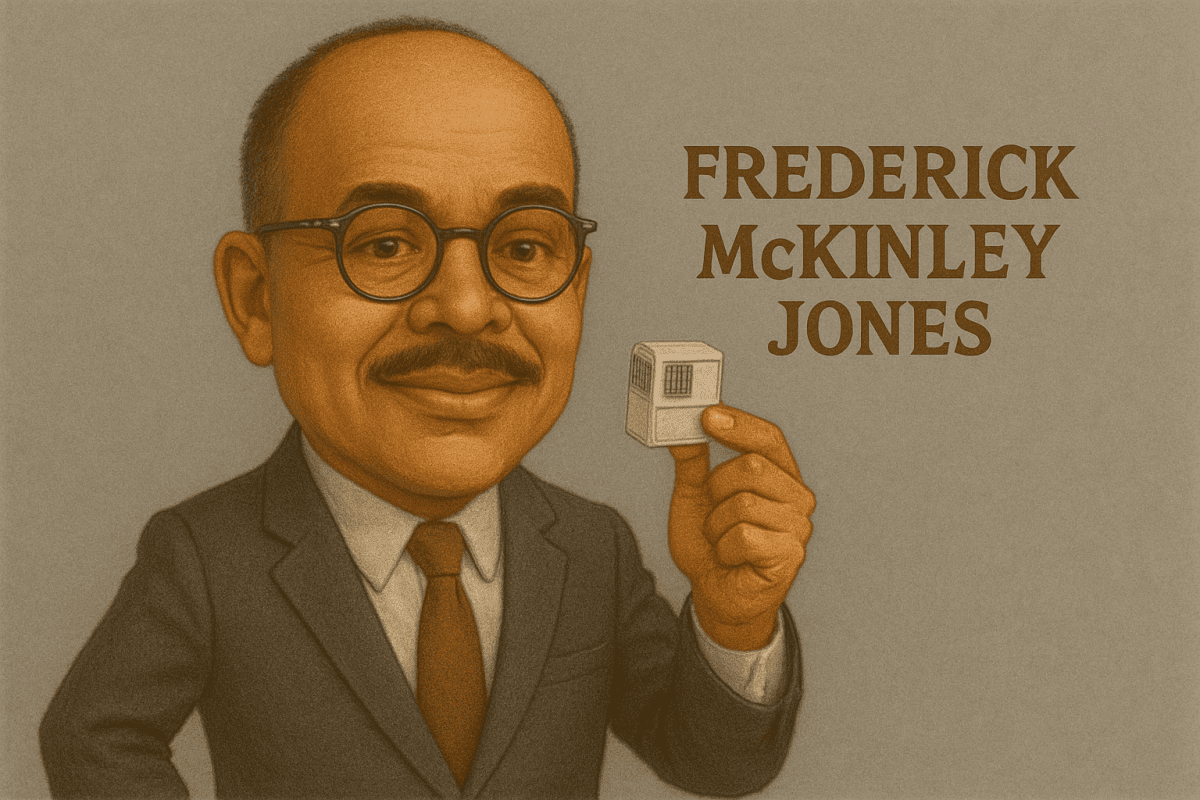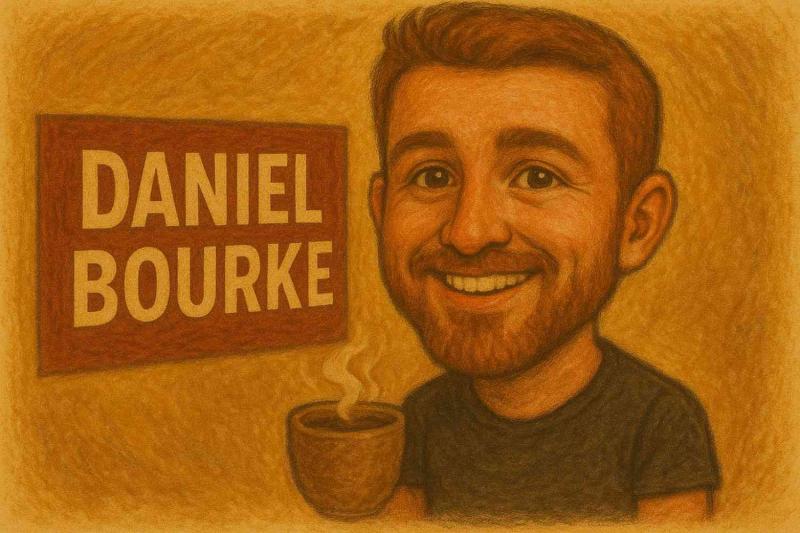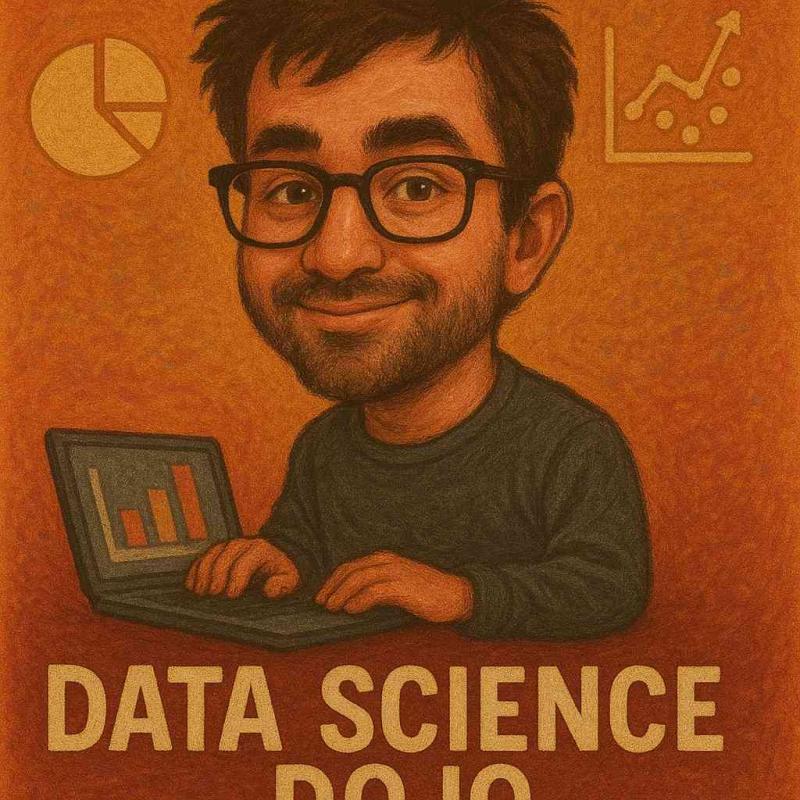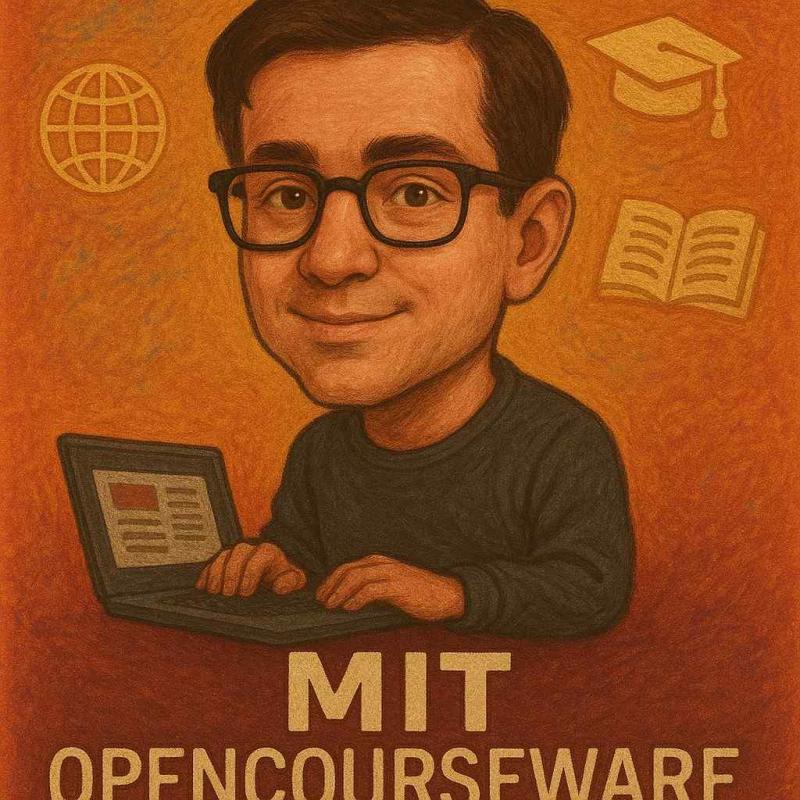Frederick McKinley Jones: The Mind Who Kept Food Cold and the World Moving
Meet Frederick McKinley Jones—a name that, if it’s not familiar already, should be. You’d be hard pressed to name a single innovation that’s transformed the way the world eats, shops, and survives more than Jones’s portable refrigeration system. The next time you reach for chilled mangoes in the Indian summer or get a perfectly crisp ice-cream dessert delivered cross-state, you’ve got Jones to thank. But let’s not just hand him a medal and move on; his story’s got grit, invention, and more than a dash of real-world impact.
A Humble Start… and an Unstoppable Curiosity
Jones grew up in Covington, Kentucky, in the early 1900s—born to tough odds and working-class roots. Orphaned at 9, he had to scrape his way up, first tinkering with engines and radios in garages. He didn’t have cushy degrees or polished labs. What he did have? Raw curiosity, a knack for fixing things, and a head for working out practical solutions. Call it old-school hands-on learning, version 1.0.
How did he teach himself? By taking apart every engine, machine, and radio he could get his hands on. By 16, he was already running a garage. By his twenties, he could fix anything from a farm tractor to a movie projector—if it had moving parts, Frederick would figure it out.
Scientific Achievement: The Creation of Cold On Demand
Let’s paint the picture: In the 1930s, if you wanted to transport perishable goods—milk, cheese, meat—over long distances, you either moved fast or gambled with spoilage. Spoiler alert (sorry, had to): The world was losing lakhs and crores in wasted food, especially when driving through warm climates.
Jones cracked the problem wide open when he put together the world’s first portable, automatic refrigeration unit designed for trucks. This wasn’t a clunky, unreliable box that needed constant babysitting. His system, patented in 1940, ran reliably and could keep everything—from strawberries to serums—at the perfect temperature for days.
No more train cars jammed with melting ice. No more spoiled medicine in wartime hospitals. Jones’s invention travelled with the goods, preserving freshness and, at times, saving lives.
Commercial Impact: Birth of Thermo King, Boom of Cold Chain
When Jones joined Joseph Numero, the pair founded what would soon become Thermo King. They started off building cooling units for trucks, but soon the company was keeping ships, trains, and even planes chilly. Refrigerated transport turned out to be a multi-crore idea no one saw coming.
Thanks to Thermo King, supermarkets took off like never before. The rise of frozen and chilled foods—the bread aisle’s cool cousin—owes everything to the cold chain Jones made possible. You could get fresh milk in Chennai that came from Karnataka and even have Alaskan salmon at a five-star hotel in Mumbai—all handled with the quiet hum of Thermo King units.
And during World War II, these units became a lifeline, keeping blood, vaccines, and food fresh at the front lines. Let’s face it: Jones didn't just help sell peas—he supported armies and underpinned the health of millions, civilian and soldier alike.
Not Just a One-Hit Wonder
Sure, Jones’s name is forever tied to his refrigeration breakthrough, but don’t put him in a box. He racked up 60+ patents over his career, dipping into audio devices, movie sound equipment, and even portable X-ray machines. This wasn’t a guy who could sit still.
You’ll find his story told in “Racing Against the Odds,” a kids’ book that brings his journey alive for budding inventors. And for grown-ups in tech and business, Thermo King’s real-world case studies pop up in countless MBA curricula and online courses about disruptive innovation—the kind stories that aren’t just trivia, but blueprints for game-changing ideas.
Present-Day Legacy: Still Cool, Still Critical
So, what’s the legacy now? Thermo King keeps humming. The company’s annual revenue sits comfortably in the INR thousands of crores. If you’re in logistics, food retail, or pharma, products like the Thermo King Precedent S-Series, ThermoLite Solar Panels, or cold chain management training modules are still standard in the industry.
Jones’s inventions haven’t just stood the test of time—they’ve become more relevant as supply chains globalize and the cold storage sector in India alone grows at lightning speed. (INR 3,400 crore and climbing, according to recent stats.)
Even governments and policymakers draw on his example, with initiatives to cut food loss and improve vaccine distribution often referencing cold chain solutions modeled after his breakthrough.
Product Placement in the Cold Chain Universe
- Look for Thermo King Precedent S-Series and SLXi Hybrid units on highways—they’re the workhorse for fresh produce today.
- Khan Academy’s supply chain management course uses the “cool revolution” kicked off by Jones as a textbook case in logistics evolution.
- “Racing Against the Odds”—the biography written for young readers—keeps popping up at innovation events.
- X-Series Medical Coolers are the go-to for vaccine and blood transport, especially in pandemic contexts.
- ThermoLite Solar Panels are an eco-friendly addition, keeping Frederick’s legacy as fresh as ever.
- Industry seminars and online technical workshops regularly lean on Jones’s designs for training future engineers and supply chain pros.
The Ripple Effects
Let’s be honest—refrigeration isn’t the world’s flashiest field. But Jones turned “keeping things cold” into a superpower everyone depends on. The effect? Lower food prices, better public health, and a supply chain so reliable, most of us only notice it when it breaks. Which it rarely does, thanks in no small part to Jones’s legacy.
If you work in transport, food, or pharma, or even if you just enjoy a cold soda in traffic, you’re standing on the shoulders of this quiet giant.
Wrapping It Up
Frederick McKinley Jones wasn’t just an inventor. He changed the rules of the game for how food, medicine, and much more moved safely across the world.
His story teaches us that practical smarts, dogged curiosity, and an eye for real-world problems can change things for everyone. Frederick kept his inventions honest: If it didn’t work out in the field, back to the bench it went.
His life—not just his inventions—offers a much-needed lesson: Sometimes, the world’s coolest breakthroughs come from the hottest struggles. And that’s a reality we can all get behind, preferably with a chilled drink in hand.



